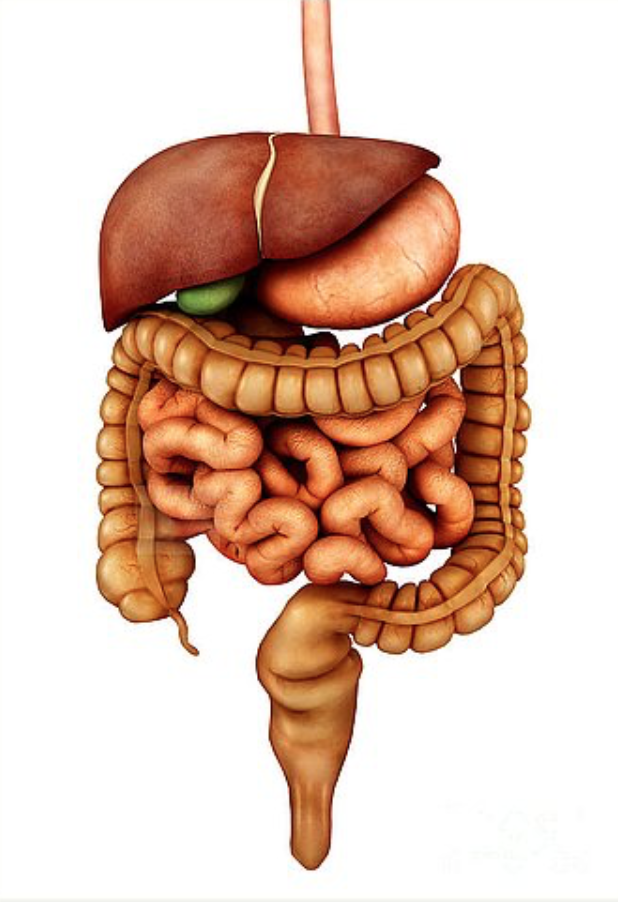10 Ways To Make Friends With Your Gut
Good digestion is the foundation of good health. When your digestive system is working well, and you are properly able to absorb the vitamins and minerals and phytochemicals from your foods, you establish the foundation for vitality and being well. Of course, the foods you choose are important too, but if your digestion isn’t functioning well you won’t be able to absorb what you should from your foods. HOW you eat is just as important, if not more important, than WHAT you eat.
Digestive difficulties can come in the form of ulcers, acid reflux, IBD, IBS, Celiac disease, or other conditions. Even if you don’t have a diagnosable condition, but are struggling with bloating, excess gas or burping, digestive heaviness or discomfort, your digestion, and therefore your absorption, is not optimal.
As a naturopathic doctor, I combine the best of Western Medicine and current scientific research with what we can learn from traditional knowledge and medical systems such as Traditional Chinese Medicine and Ayurvedic medicine. Digestion is an example of a topic where these traditional systems have much more to offer. It is difficult to design a research trial to optimize digestion! Western medicine tends not to address this at all. Instead, I look to this traditional wisdom:
Eat on a regular schedule – breakfast, lunch, and dinner at approximately the same time each day. The digestive system likes routine.
The right foods for you depend on your constitution. The appropriate diet varies from person to person. Figuring out what is right for you is a combination of trial and error, food sensitivity testing, and learning about your constitutional type and its appropriate foods.
Avoid eating when you are stressed or upset. This impairs digestion.
Always sit down to eat. Eat in a settled and quiet place, not on the go. Eat at a moderate pace. Chew completely and well. Rest for a few minutes after you complete your meal.
Your largest meal of the day should be lunch, when your digestive system is at its strongest.
Eat an appropriate quantity. Avoid overeating, but also, eat enough that you are not hungry for at least 3 or so hours. This takes practice!
Don’t eat again until your preceding meal has been digested. Don’t eat simply because it is “time”.
Avoid cold food and drinks, because this cools the digestive fire.
A balanced diet incorporates all 5 flavours: sweet, sour, hot, bitter, and salty.
Eat seasonally. Consume cooked foods (stews, soups) in the winter, and save the fresh raw foods until the spring/summer when it is hot.
Simple wisdom, but much easier said than done! Start small, incorporate one or two of these things at a time to help yourself build sustainable routines. Improving your digestion takes time. Know also that if you DO have a digestive condition such as Celiac disease, parasites, ulcers and so on, you will need more support - these suggestions will not be enough. Seek medical support AND take care of yourself at the same time. There is much you can do on your own, and, you are well served by asking for help when you need it.
Disclaimer: Information can be empowering, but we all have unique health profiles and needs. Health-related information contained in this post is intended to be general in nature and should not be used as a substitute for a visit with a Naturopathic or other doctor.

